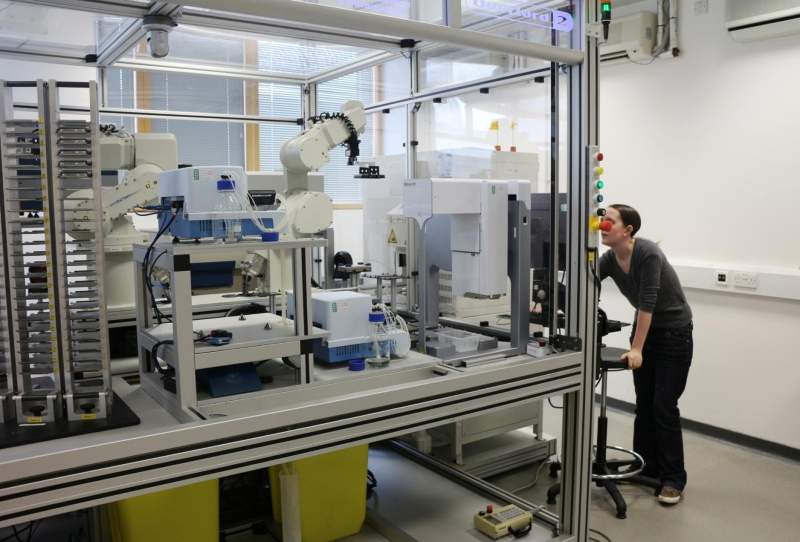An AI-based ‘robot scientist’ called Eve, developed by scientists at the Universities of Manchester, Aberystwyth and Cambridge, has aided researchers in discovering that the toothpaste ingredient triclosan could be used to fight drug-resistant malaria.
The system was programmed to automatically develop and test hypotheses to explain observations and run experiments by using other robotics in the lab.
It could then interpret the results of the experiments and amend the original hypothesis and repeat the cycle.
The significance of Eve’s discovery
Malaria is responsible for half a million deaths a year.
It is caused by parasites of the genus Plasmodium, which are carried by mosquitoes and have several distinct stages in vertebrate hosts.

US Tariffs are shifting - will you react or anticipate?
Don’t let policy changes catch you off guard. Stay proactive with real-time data and expert analysis.
By GlobalDataThe only anti-malarials that target all of these stages cause severe side effects.
Triclosan is already known to be safe, as it is an active ingredient in many toothpastes, but until Eve’s discovery, scientists had only proven that triclosan could target the Plasmodium catalyst in the liver stage of the parasite.
Using high-throughput screening, Eve discovered that triclosan can also target the Plasmodium catalyst in the blood stages, even in parasites that have become resistant to available drugs.
The machine learning that the AI-driven robot scientist demonstrated could greatly speed up the drug development process, reduce costs and aid in more discoveries like triclosan.




